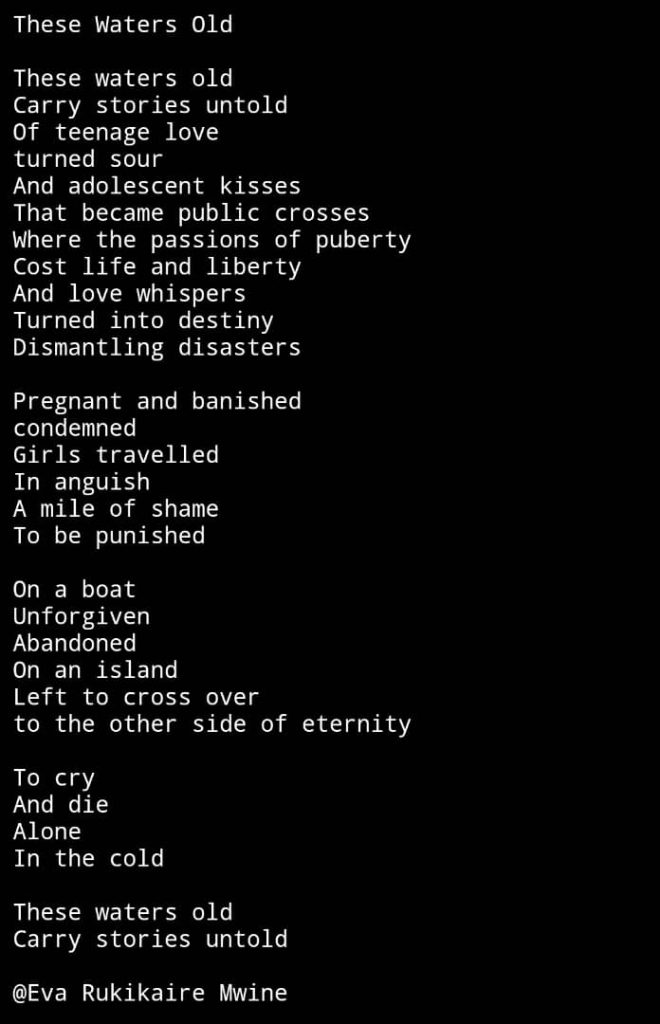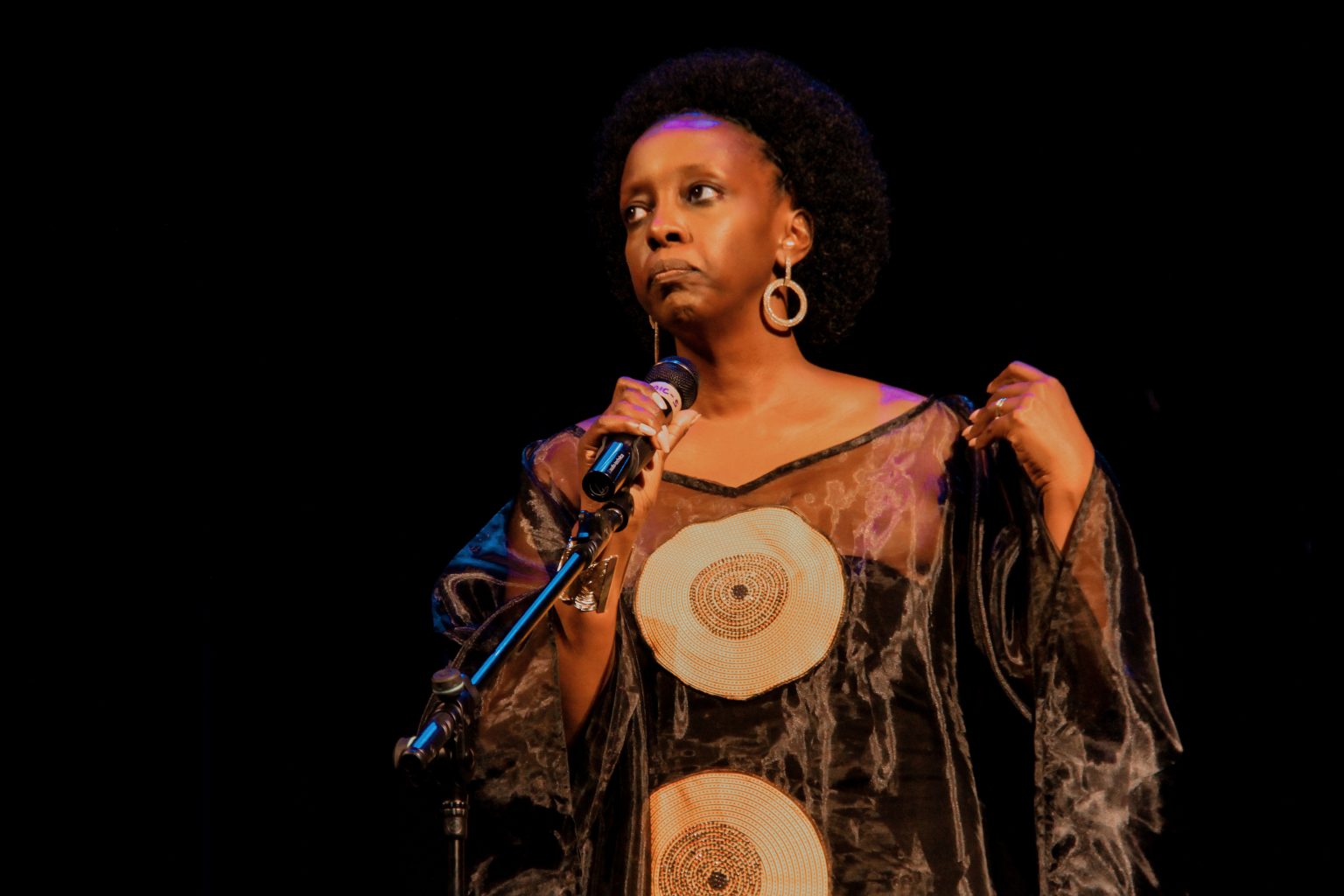Kwame Nkrumah, the preeminent pan Africanist, loved to quote poetry. In his 1957 book “Ghana: The Autobiography of Kwame Nkrumah”, he invoked nineteenth century American poet and essayist Walt Whitman’s poem “Whoever you are holding me now in hand” from Whitman’s 1855 poetry collection, Leaves of Grass.
“Whoever you are holding me now in hand,
Without one thing all will be useless,
I give you fair warning before you attempt me further,
I am not what you supposed, but far different.
Who is he that would become my follower?
Who would sign himself a candidate for my affections?”
“Whoever You Are Holding Me Now in Hand” directly appeals to the reader. So Nkrumah felt it was the best means through which to communicate with his followers at a time when Africa needed to hear his message of unity and redemption.
Appropriately, the poem deals with a love which is physical and spiritual at the same time. For Nkrumah, this two-dimensioned love spoke to the duality of Africa. That is, the Africa that is dying and the Africa struggling to be reborn.
Great audience
Whitman also once said, “To have great poets, there must be great audiences.”
This is what the poet Eva Rukikaire Mwine had when in April this year former Tanzanian President, Jakaya Kikwete, sat in the audience listening to her electrifying poem, “I am East African Rising.”
Kikwete, who attended the Guild Leaders’ Summit at Makerere University, was held spellbound by Ms. Mwine’s poem.
“I am 6 countries integrating and counting…” Eva said in her poem as she examined and extolled the greatness inherent in each East African country. As the audience swooned under the sway of her poetics, Kikwete and others must have felt themselves time-warped to a moment when Nkrumah himself poeticized about Africa rising.
His poem “Africa Shall Rise” was delivered at the end of his speech on May 25, 1963, in Addis Ababa at the close of the meeting that created the Organisation of African Unity.
Although Eva’s poem is about East African integration, “I am East Africa. I am the remnant of history broken and old glories stolen.” It chimes with Nkrumah’s survey of “verdant hills” that gave birth to the waters of the Nile.
Both poems are exhortative, lapidary in the way they polish the gem that is Africa. Eva’s poem, in particular, announced her exceptional rhetorical skill. A skill she has been honing for years.

Who is Eva Rukikaire Mwine?
Eva is a multifaceted individual who has made significant contributions in the worlds of art, fashion and Literature, specifically in fields of social political commentary and poetry. As a writer she has engaged in public conversations on a range of topics. Her articles have covered global, continental and regional issues that have been known to spark critical discussions among her readership.
Eva’s passion for using poetry as a tool for advocacy is evident in her writings on public causes such as Climate Change, Maternal Health, Vaccine Apartheid and a number of issues under the Pan-African agenda.
One of her most popular poems is ‘Dreams for My Daughter,’ an evocative piece which she has performed at conferences representing the White Ribbon Alliance for Safe Motherhood over the years.
Eva’s experience as a creative mind and writer has allowed her to bring unique perspectives to the table on some of the most pressing contemporary issues, especially as they concern Africa.
Bush War
Having spent her early years in a home that was deeply involved in the covert activities of the National Resistance Movement (NRM) liberation struggle, she was highly politicized form an early age, and her private aspiration as a teenager was to join the bush war, like some of the young people she interacted with who would unceremoniously disappear from her life only for her to learn that they had joined the ‘the struggle’. The Conversations of her childhood contributed to shaping her worldview and her instinctive desire to contribute to the public discourse that shapes the world around her.
Eva is inspired by several writers, among these being – India’s Arundhati Roy and Nigeria’s Chimamanda Ngozi Adiche, both of whom have uncommon mastery in manipulation of the English language to move their readership emotionally and intellectually. Maya Angelou is also one of her all-time favorites.
She also sees the value of Ebyevugo in coding and expressing the NRM struggle. Ebyevugo is a genre of oral poetry in the Runyankore language, spoken by the Banyankore people of southwestern Uganda.
Inspired
“I would describe myself as a wife, mother, creative, politically active writer and poet, a participant in conversations and movements which front the African cause. I look upon the world through the lens of an inner eye as a free thinker who operates within the framework of Christian values and principles,” she says.
To her, poets are record keepers, societal mirrors reflecting society and giving useful perspectives.
“I believe poetry can play a significant part in the drive towards reintegrating the balkanized people of Africa. Poets, throughout history have been voices of conscience, guardians of heritage and chroniclers of history. In the context of Africa, the strength of its history can be harnessed to give massive impetus to its development,” she says.
“My recent poem about East African integration – East Africa Rising, attempted to shine the light on the historical journeys that East Africans have travelled to arrive at Arusha – the institutional home of the union. When this history understands this history, communities can be more empathetic towards each other; breaking down stereotypes and promoting cross-cultural appreciation.”
A realist, Eva has not lost sight of the setbacks on the world’s oldest continent.
“For the most part, public hope and faith in the process is dampened by complexities and technical bottlenecks coupled with the phenomenon of perpetual conflict and political unrest. Poetry can be employed as a strategic rebuilder of hope, continually re-validating the dream and energizing society,” she envisions.
“The world has flocked to the USA in pursuit of the American Dream because some genius employed the romanticism of imagination and possibility, a strategy that has worked wonders for America. We too must build and visualize an East African aspiration.”





